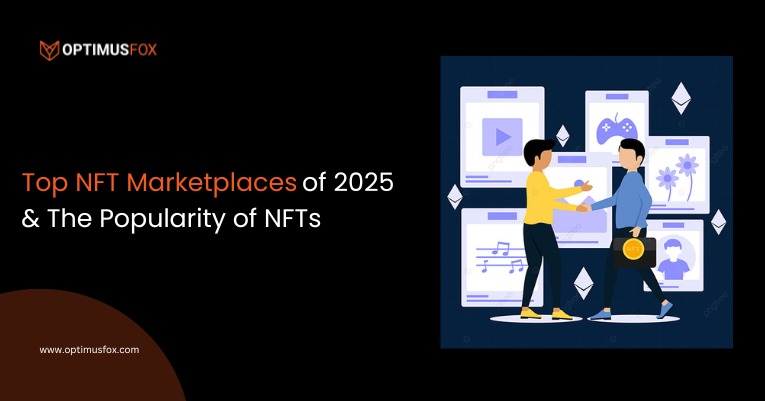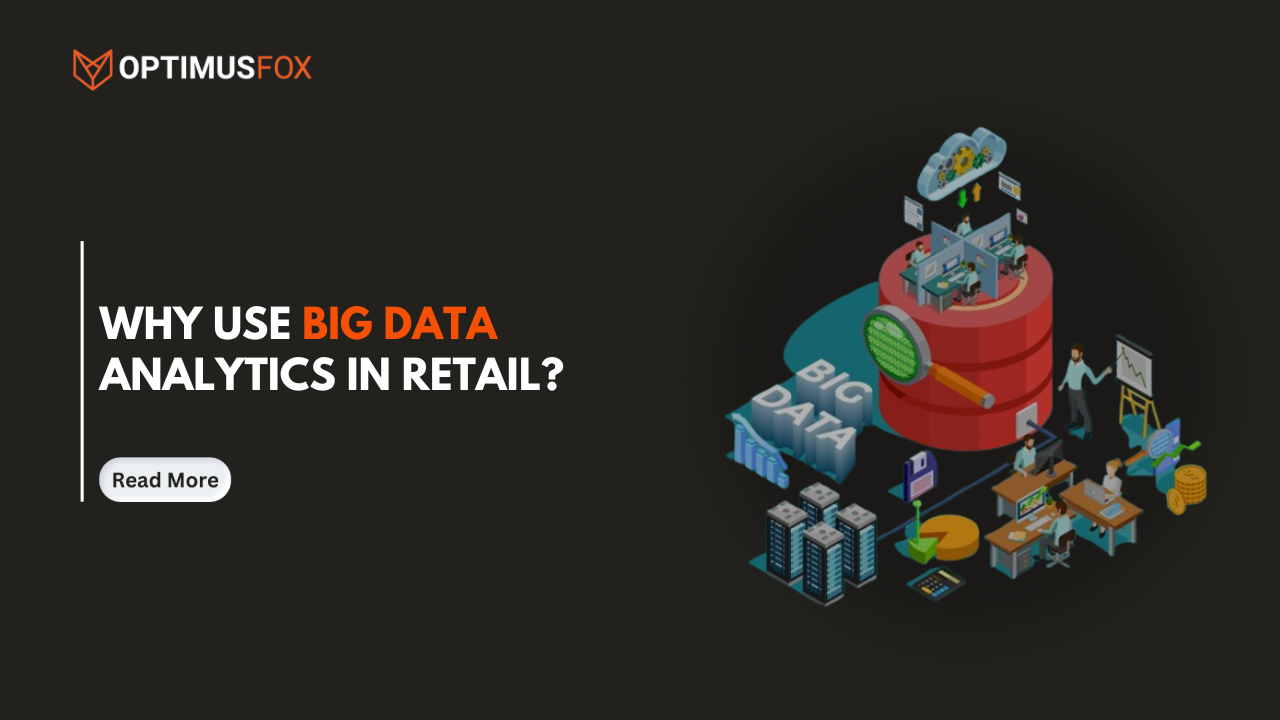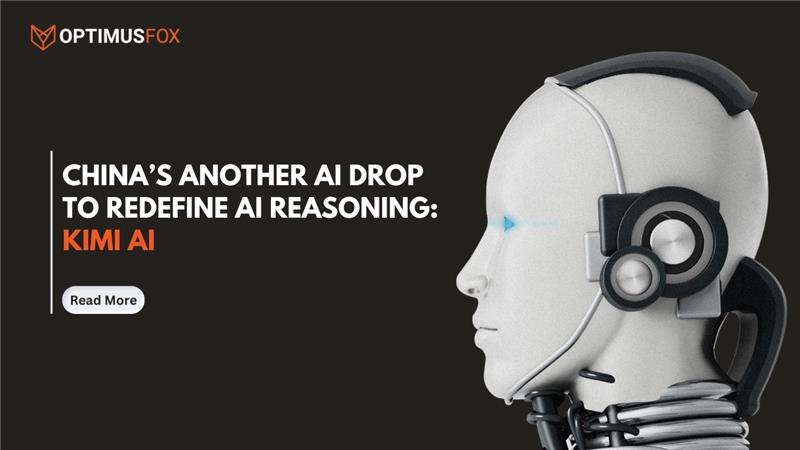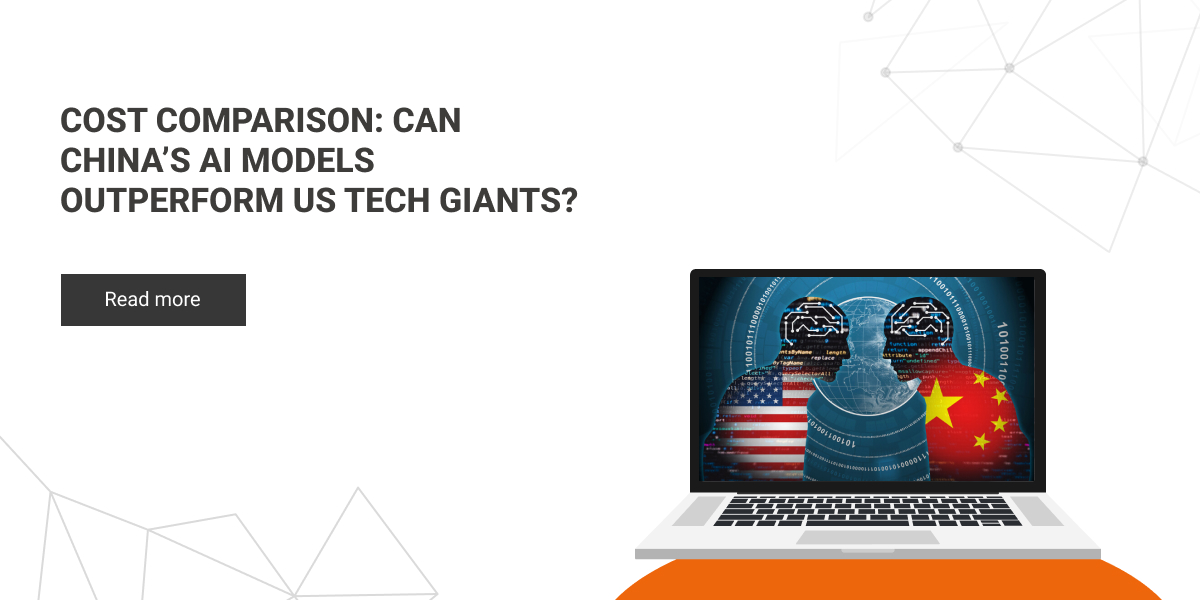Supply chain traceability are complex networks of transactions and data that move goods from their point of origin to the end consumer. The result is a complex network of information and data about products, people, processes, and locations.
The supply chain process can be broken down into four main stages: sourcing, production, distribution, and consumption. Each stage has different requirements and challenges that need to be addressed to ensure the integrity of the entire supply chain process.
Blockchain Impact on Supply Chain Traceability
Supply chain traceability is one area where blockchain technology can have a big impact. Using blockchain, organizations will be able to track their products from point of origin through every stage of production and distribution, ensuring that they are being produced ethically and under safe working conditions.
This will allow them to ensure that they are not purchasing products that were produced in unethical ways, such as child labor or forced labor conditions. Businesses and customers are always looking to find a reliable source that can provide them with authentic products.
In other words, supply chain members request responsible sourcing and want a transparent system to minimize the dispute ratio. The implementation of blockchain technology in the supply chain network will help its members to share trusted data through endorsed blockchain solutions.
To Read More: NFT Supply Chain Management
Factors to Improve Supply Chain Traceability
Build a transparent supply chain system
Supply chain Traceability system visibility is limited, but distributed technology enables the recording, sharing, and transparency of data.
The blockchain supply chain allows permission to a larger community across the network. When every participant in the chain can check the latest status of any product, transparency takes place.
Blockchain technology adds agility
A well-known fact is that a single dispute in the supply chain network gives birth to multiple other problems. Most importantly, people mistrust the network.
Blockchain supply chain system uses contracts to have a look at expected or predefined business results. In this way, this system adds agility to take action before any event.
Fast Onboarding Process
Starting a new business is always a critical step because it needs to build trust within the market. Many people hesitate to start their business because of the difficulties during the onboarding process. The application of blockchain in the supply chain helps new suppliers through the quick onboarding process. It stores vendor details permanently and builds trust.
Blockchain Develops a Reliable System
A supply chain Traceability has multiple edges, and no one can predict the existence of fraud in it. In this condition, there is a need to build a reliable system that can eliminate risks. Blockchain development provides immutable and absolute transaction details. So, the blockchain supply chain system makes it easier to find a defective person.
Procurement
Blockchain technology is a single source of truth for all the participants of the supply chain including buyers, sellers, and vendors. A blockchain database stores relevant data from all parties and presents a complete view of the business.
It includes overall purchases without knowing about the manager. Most interestingly, there is no need to manage operational data manually.
Highlights of the Blockchain Application in Supply Chain Network
Vaccine Supply Chain
The vaccine supply chain needs immediate actions to make it transparent because unauthenticated drugs can cause infections and even deaths. In these conditions, there is a need to develop a network that can identify the criminals in the medicine supply chain.
Blockchain technology makes it easy to trace every step in the supply chain to help manufacturers, distributors, dispensers, and the public.
Food Supply Chain Network
The fresh food supply is a major need in our everyday life. Any issue in the food chain supply can cause health problems. So, there is an immediate need to develop a transparent supply chain ecosystem, especially for fresh food distribution.
The application of blockchain increases food safety and makes the supply chain more efficient. It brings all the producers, suppliers, middlemen, and buyers together and makes a collaborative group. In this way, the food supply chain becomes transparent and trusted.
Conclusion
The supply chain industry is a growing industry that has many challenges to overcome. The most common challenges are in tracking goods through the system and ensuring that they reach their destination on time. Blockchain technology can help solve these issues by using the blockchain to track everything from the beginning to the end of a shipment.
OptimusFox is developing powerful blockchain solutions these days to deal with all these deficiencies. It is the best time for supply chain managers to access the benefits of blockchain technology for their businesses. The application of blockchain in supply chain networks will not only improve traceability but will make businesses reliable.





